Karl Marx was a German philosopher, economist, and political theorist who is best known for his ideas about communism. He was born in 1818 and died in 1883. Marx’s most famous work is “The Communist Manifesto,” which was published in 1848. In it, he outlined his theory of historical materialism, which posits that the development of human societies is determined by their means of production. He also discussed his ideas about class struggle and the need for a revolution by the working class to overthrow the capitalist system and establish a socialist society. Marx’s ideas have had a significant impact on world history, particularly in the 20th century, and continue to be studied and debated by scholars and political activists.
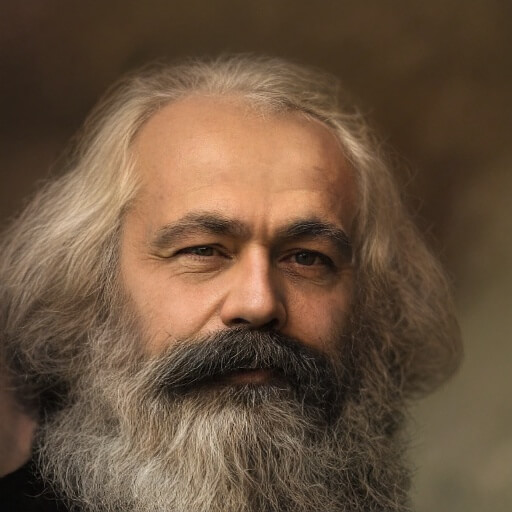
Quick Overview about Karl Marx
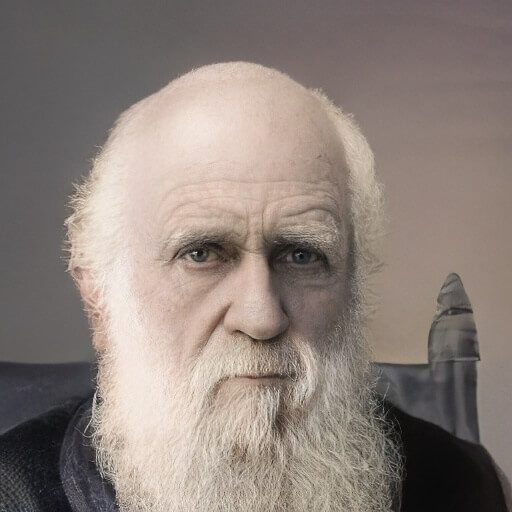
-Karl Marx was a German philosopher, economist, and political theorist who lived in the 19th century.
-He is best known for his ideas about communism and his theory of historical materialism.
-He believed that the history of human societies is a history of class struggle, with the ruling class (the bourgeoisie) exploiting the working class (the proletariat) for their labor.
-He believed that capitalism would inevitably lead to the concentration of wealth in the hands of a small elite, and the impoverishment of the working class.
-He called for a revolution by the working class to overthrow the capitalist system and establish a socialist society, where the means of production would be owned and controlled by the state or by the working class collectively.
-He believed that this revolution would ultimately lead to a classless society, where everyone would have equal access to the resources and means of production.
-His most famous work is “The Communist Manifesto” published in 1848, outlining his theories of historical materialism and class struggle.
-His ideas have had a significant impact on world history, particularly in the 20th century but their implementation in practice has been controversial.
-He died in London in 1883, at the age of 64.
How Karl Marx was living
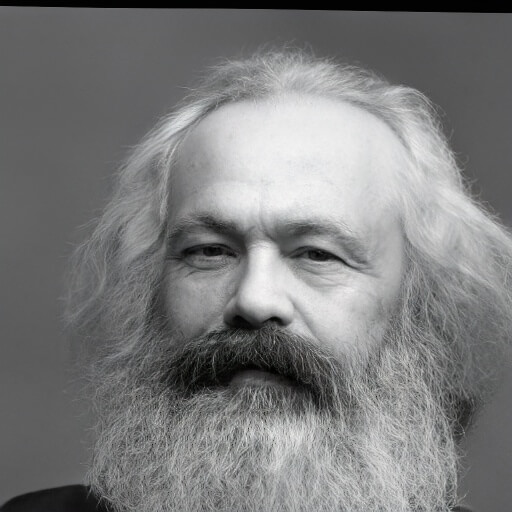
Karl Marx lived a difficult and often impoverished life. He was born into a middle-class family but later struggled financially throughout most of his adult life. He was forced to move frequently and lived in various places such as Prussia, France, and Belgium, due to political persecution. He also had a large family and several children, which added to his financial difficulties. Despite these hardships, Marx continued to write and publish his ideas, and was supported by a small group of followers and patrons. Despite his financial struggles, he continued to write, publish and conduct research on his political and economic theories. He died in London in 1883, at the age of 64.
Karl Marx and his philisophy
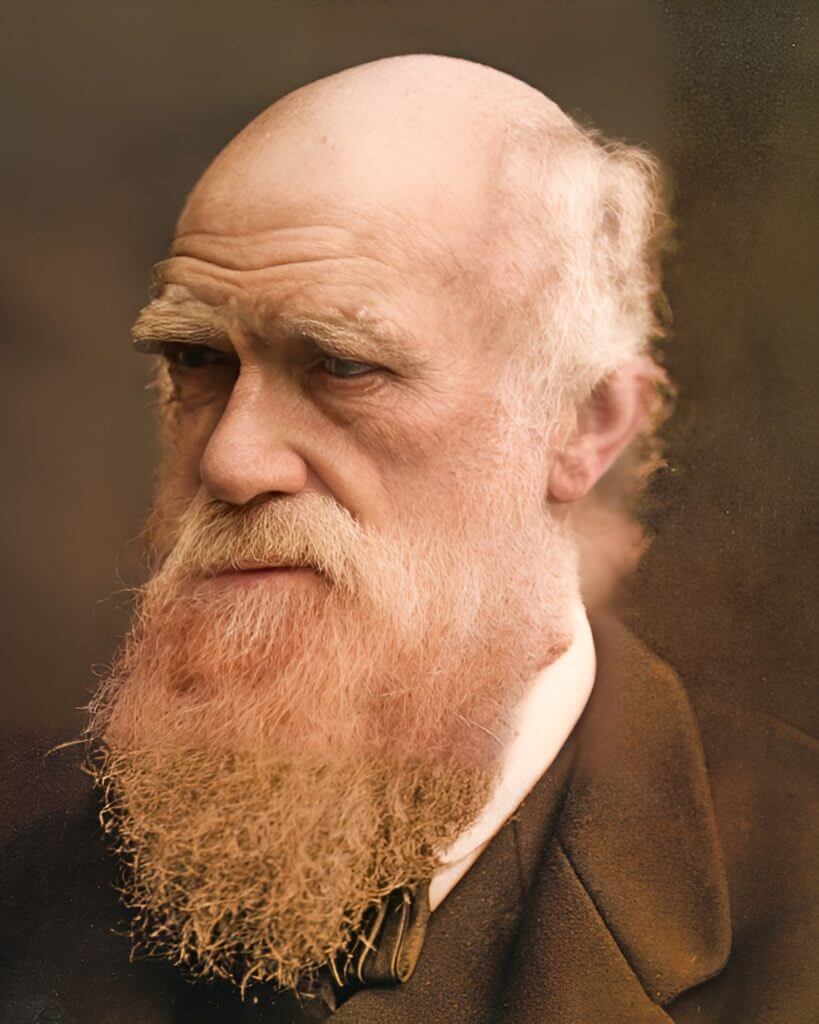
Marx’s theory of historical materialism states that the development of human societies is determined by their means of production. He believed that the history of human societies is a history of class struggle, with the ruling class (the bourgeoisie) exploiting the working class (the proletariat) for their labor. He believed that capitalism, in which the means of production are privately owned and operated for profit, would inevitably lead to the concentration of wealth in the hands of a small elite, and the impoverishment of the working class.
Marx believed that the only solution to this exploitation was for the working class to overthrow the capitalist system and establish a socialist society, where the means of production would be owned and controlled by the state or by the working class collectively. He called for a revolution by the working class to achieve this goal, and believed that this revolution would ultimately lead to a classless society, where everyone would have equal access to the resources and means of production.
Marx’s ideas were heavily influenced by the political and economic conditions of his time, particularly the Industrial Revolution and the rise of capitalism. He wrote extensively on these topics, and his most famous work, “The Communist Manifesto,” published in 1848, outlined his theories of historical materialism and class struggle, and called for the overthrow of capitalism and the establishment of a socialist society.
Marx’s ideas have had a significant impact on world history, particularly in the 20th century. His theories were used as the basis for communist revolutions in Russia, China, and many other countries. However, the implementation of his ideas in practice often resulted in authoritarian governments, economic failures and human rights violation. Despite this, his ideas continue to be studied and debated by scholars and political activists.
In summary, Karl Marx’s philosophy centers around the idea that the development of human societies is determined by their means of production and that society is divided into classes with the ruling class exploiting the working class. He advocated for a revolution by the working class to overthrow the capitalist system and establish a socialist society, where the means of production would be owned and controlled by the state or by the working class collectively, leading to a classless society. His ideas had a significant impact on world history, but their implementation in practice has been controversial.
What did Karl Marx believe in
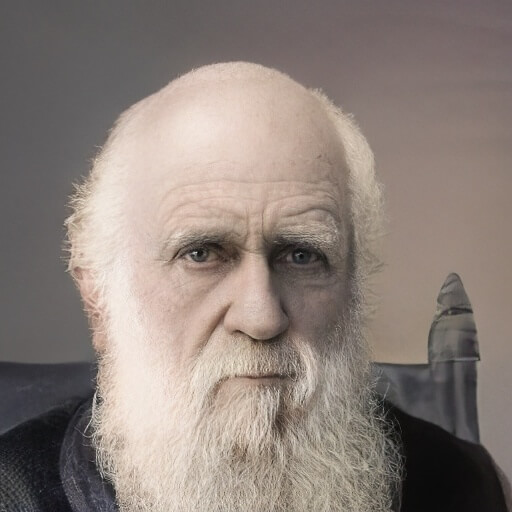
Karl Marx believed in a number of key concepts, including:
- Historical materialism: Marx believed that the development of human societies is determined by their means of production. He believed that the history of human societies is a history of class struggle, with the ruling class (the bourgeoisie) exploiting the working class (the proletariat) for their labor.
- Exploitation of the working class: Marx believed that capitalism, in which the means of production are privately owned and operated for profit, would inevitably lead to the concentration of wealth in the hands of a small elite, and the impoverishment of the working class.
- The need for revolution: Marx believed that the only solution to this exploitation was for the working class to overthrow the capitalist system and establish a socialist society, where the means of production would be owned and controlled by the state or by the working class collectively. He called for a revolution by the working class to achieve this goal.
- The eventual establishment of a classless society: Marx believed that this revolution would ultimately lead to a classless society, where everyone would have equal access to the resources and means of production.
- The idea of Dialectical materialism: Marx’s understanding of the world was based on the idea of Dialectical materialism, which holds that the world is in constant change and that human history is a history of change. This is essentially a historical and materialist perspective, as it holds that the material conditions of life are the fundamental drivers of history and that all human societies are subject to change and evolution.
It’s important to note that Marx’s ideas were heavily influenced by the political and economic conditions of his time, particularly the Industrial Revolution and the rise of capitalism. His ideas continue to be studied and debated by scholars and political activists.
Criticism of Marxism
There are a number of criticisms of Marxism, including:
- Utopianism: Some critics argue that Marxism is a utopian ideology that ignores the complexities of human nature and society. They argue that Marx’s vision of a classless society is impossible to achieve because people will always compete for resources and power.
- Dictatorship of the Proletariat: Marx believed that the working class would rise up and overthrow the capitalist system, but critics argue that this would lead to a dictatorship of the proletariat, where a small group of leaders would have complete control over the means of production and the state.
- Inefficiency of the planned economy: Critics argue that a socialist or communist economy, in which the state controls the means of production, would be inefficient and unable to allocate resources effectively. They argue that the market is a more efficient mechanism for allocating resources.
- Failure in practice: Many critics argue that Marxism has failed in practice, pointing to the collapse of communist governments in Eastern Europe and the Soviet Union as evidence. They argue that these governments were corrupt and authoritarian, and that they were unable to deliver the economic and social benefits that Marx promised.
- Lack of democracy: Critics argue that the dictatorship of the proletariat would lead to a lack of democracy and political freedoms, as the working class would have no say in how society is run.
- Ignores individualism : Some critics argue that Marxism ignores the role of the individual in shaping society and history and that it instead focuses solely on the role of the class.
It’s important to note that different critiques can come from different perspectives, some may come from political, economic, social or philosophical perspectives.







